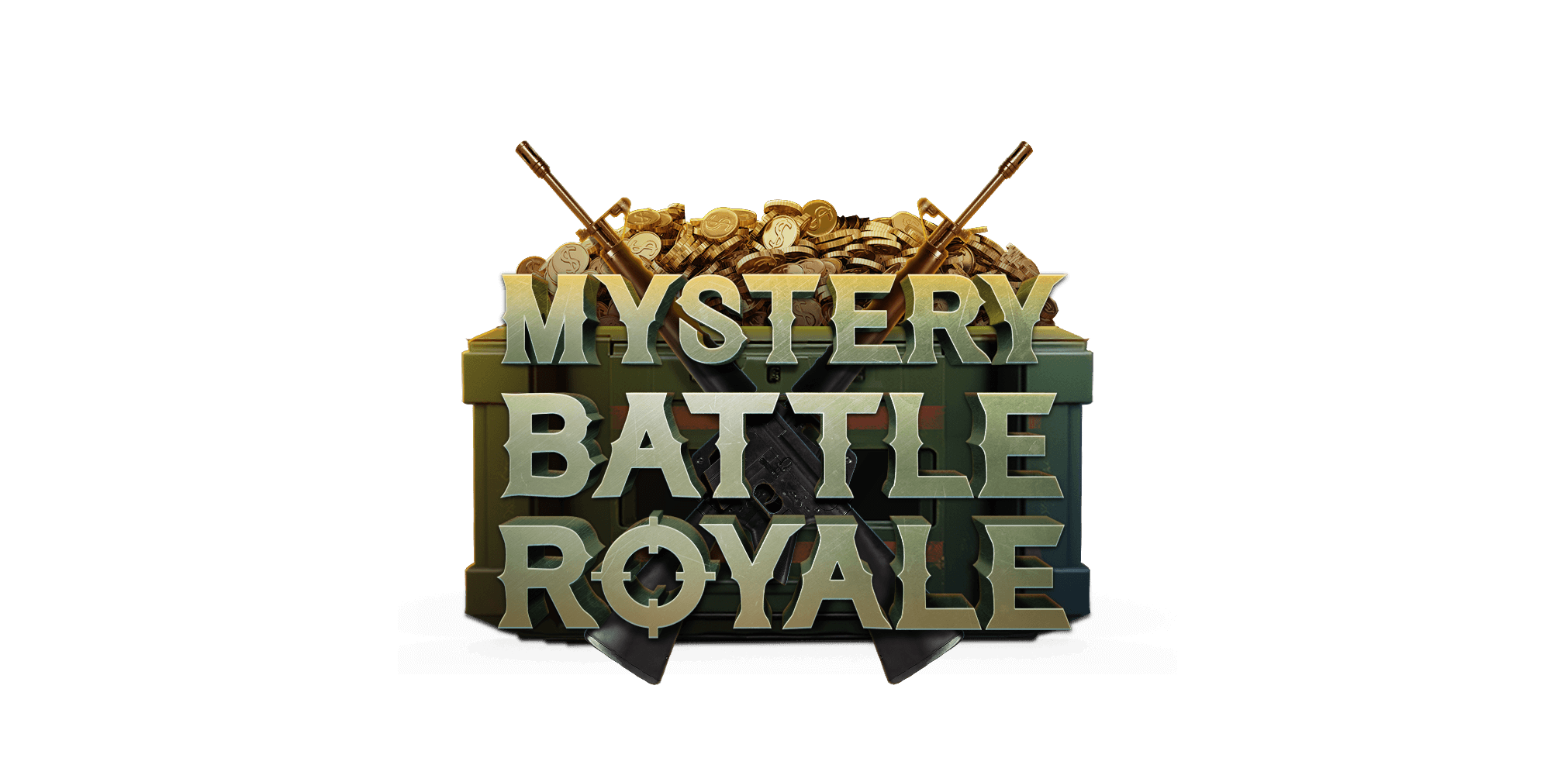
Anyone who’s ever made a deep run in a poker tournament has almost certainly been offered a chop. But you’re under no obligation to make a deal, and, in fact, there are often times when you should outright refuse the offer.
What Does It Mean To Make A Deal?
As we approach the later stages of a tournament, players will often talk about making deals. The idea is to split the prize pool in a different way than is originally structured by the tournament host. But why?
Benefits Of Tournament Chops
There are several reasons why players might want to propose or accept a chop.
Reduced Variance
If you’re not playing with a proper bankroll, you’d have good reason to be scared of a bad beat. Guaranteeing a fixed return from what’s left of the tournament is a great way to minimise potentially destructive swings.
Short Stacks
On a similar note, if the remaining chip stacks are short, you might be looking at a crapshoot situation. It’s not so much a bankroll concern this time, but variance still comes into play. It might make more sense to simply lock in a guaranteed payout.
Perceived Performance
It’s possible that you’re up against superior players and believe that you’ll struggle to win. If that’s the case, you should look to craft a deal that helps you realise more equity than you otherwise might. Alternatively, you may simply be tired, stressed, or impacted by other factors that otherwise reduce your normal skill level.
Why A Deal Might Be Bad For You
If you’re going to make a deal in a poker tournament, it’s important to come to the right kind of arrangement. But there are several situations in which it might not actually be to your advantage to chop at all. Here’s the case against making a deal.
Unfair Offer
The most obvious reason why you’d want to decline a chop is if the terms being presented are unacceptable. Smart players will definitely try to exploit you. Chip chops, for example, can often lead to the big stacks walking away with more than they deserve. That is often because the shorter stacks felt pressured into making the deal.
Remember that you don’t have to accept a chop. Stand firm if you believe the deal is not fair.
Doesn’t Consider Your Skill Edge
Aside from some deals clearly being unfair, which can be proven with mathematics, there are also more intangible situations. If you genuinely think that you’re a better player than the opponents, you shouldn’t be taking their idea of a “fair” chop. You need to push for a greater payout.
But it’s not always easy to convince egotistical poker players that you deserve a bigger share of the prize pool. And any split that doesn’t factor in your ability isn’t a deal worth taking.
Casino May Not Sanction A Deal
Another important consideration is that the casino may not even agree to the deal. If they don’t make it official, you’re going to need to arrange it between yourselves. That is not only dangerous but also a nuisance.
Imagine you win the tournament but the terms of the deal mean you are taking home less than the first prize. Your paperwork says that you won more than you really did. Now you have to explain that to the government when it comes to paying taxes. Who needs that headache?
What’s more, you might be an honest player, but not everyone else is. Let’s pretend the roles are now reversed and you busted first. You have to hope that the guys who get paid more than you actually honour the agreement. That’s a long way from being guaranteed. Poker attracts all kinds of characters and many of them are unsavoury.
Costing You Valuable Experience
By far the strongest argument against making a tournament deal is that you’ll give up the final table experience. For the average player, a deep run isn’t an everyday occurrence. How will you ever get to work on your end game if you constantly chop and turn down chances to practice?
Of course, if you’re playing in a major tournament for huge sums, there is definitely merit in locking up a guaranteed prize. However, if it’s just a run-of-the-mill event at your local casino, this represents a good chance to play some short-handed poker in a high-pressure situation. That kind of experience is immeasurably good for your all-round game.
Conclusion
Chopping in poker tournaments can certainly work in your favour, especially if you can exploit inexperienced deal makers. But even if you can gain a slight edge, you may still wish to consider other factors.
The biggest of these is undoubtedly the experience that you would miss out on by declining to play. Unless you’re playing for life-changing sums of money, the practice gained from playing high-pressure spots is invaluable. We all need to work on our end game, and for most players, deep runs in tournaments don’t come around every day.
Don’t forget to subscribe to our newsletter to get the latest poker tips as well as info on upcoming poker events.

.webp)




























